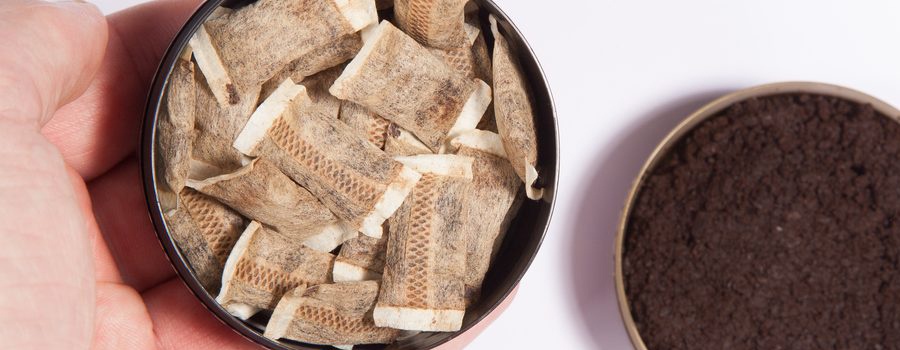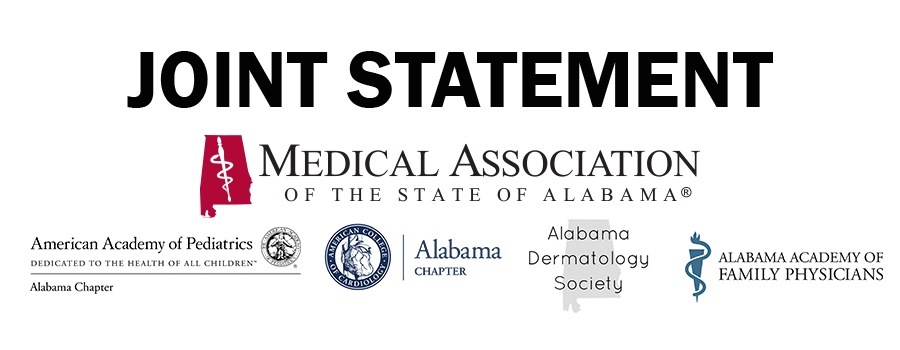Tag: tobacco
-

‘Through With Chew Week’ Highlights Dangers of Smokeless Tobacco Use
Smokeless tobacco may not be getting as much press as e-cigarettes and vaping, but it is as addictive and has many harmful side effects. The Medical Association is joining with the Alabama Department of Public Health to encourage smokeless tobacco users to quit the spit during “Through With Chew Week,” Feb. 18-22. The education campaign…
-

Call It Quits Nov. 15! Join the Great American Smokeout!
Smokers who want to quit tobacco can use their fingers to dial for free help instead of lighting up a cigarette. On Thursday, Nov. 15, the Great American Smokeout challenges smokers and vapers to take the first step by quitting for the day or making a plan to quit for good. Callers in Alabama can…
-

Quitline: Free Help for Patients to Quit Smoking
The Alabama Tobacco Quitline is a free telephone (800-784-8669) and online counseling service for your patients who are ready to quit tobacco. The Quitline is open from 6 a.m. to midnight seven days a week. All Quitline services are free to Alabama residents including telephone and online coaching, printed support materials, and up to eight…
-

Physician Groups Issue Joint Statement in Support of Raising Alabama’s Legal Tobacco Age to 21
DOWNLOAD THE MEDIA RELEASE MONTGOMERY — The Medical Association of the State of Alabama, the Alabama Chapter-American Academy of Pediatrics, the American College of Cardiology-Alabama Chapter, the Alabama Dermatology Society, and the Alabama Academy of Family Physicians have joined in support of legislation that would raise Alabama’s legal tobacco age from 19 to 21. “Research…